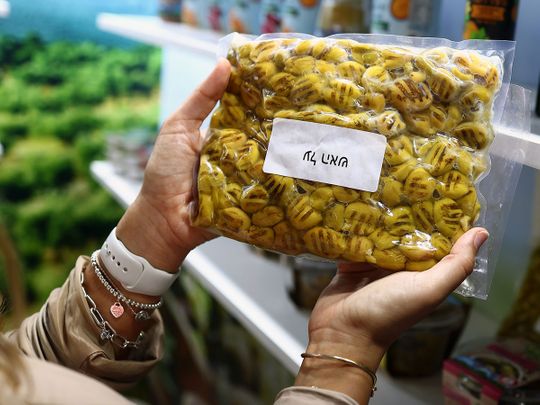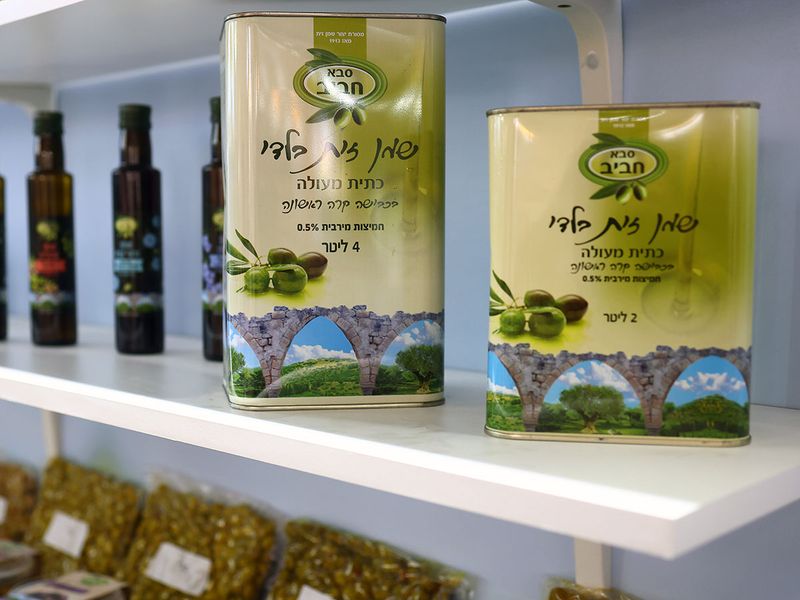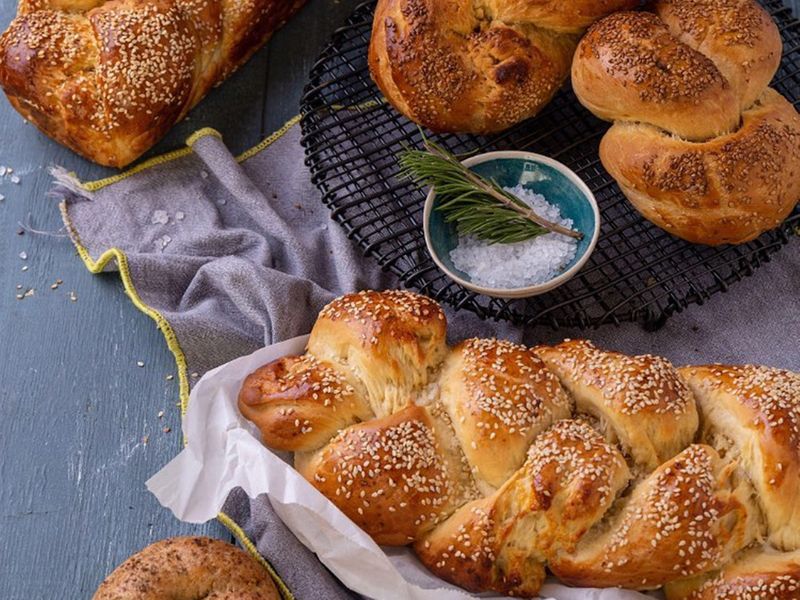
Dubai: ‘Kosher’ certified could emerge as the fastest growing food category in the UAE, reaping the full dividend from the opening up of the UAE-Israel ties.
“It is imperative for many food businesses in the UAE to go kosher if they want to serve and build good relationships with an entirely new audience of consumers,” said Eliav Amram, an Israeli visitor at Gulfood. “I have plans to export kosher dairy products to the UAE.”
For any dairy product to be considered kosher, it has to be made from the milk of a kosher animal. This means a mammal with split hooves that chew the cud, like cows, sheep, goats and gazelles. (Not on that kosher list are camels.)
All ingredients must be free of meat derivatives like gelatin or rennet. They must also be produced, processed and packaged on kosher-certified equipment.
“Ideally, I would love to have a Kosher certified factory here, but because there’s only a small number of kosher-observing Jews in the UAE, it makes more sense to import these products for now,” said Amram.
It represents a diet that is derived from the Jewish faith. Similar to halal, kosher requires the ritual slaughter of the animal and the prohibition to eat pork.
Where this differs from halal is that certain seafood like shellfish (mussels and oysters) and crustaceans - lobster, prawns, shrimps, octopus, and calamari - are also off the menu. Kosher eaters do eat fish, however, they must have fins and scales. So they can’t have smooth-skinned fish like a shark for example.
An important and core kosher practice is to not mix meat and milk food products. This even extends to utensils, serving dishes and cooking facilities.
How more kosher brands are entering the market
UAE entities such as Emirates Group and Al Habtoor Hospitality have already branched out into kosher offerings, more enterprises are chasing these possibilities.
“To be honest, we are not entering the UAE because we are Kosher,” said Rotem Segev of Saba Habib, a leading Israeli producer of olive and extra virgin olive oil. “We are entering because I am sure that the Middle Eastern segment will love this product."
“Gulfood is a great way for us to enter the UAE market with our product. We’ve been selling to Europe and the US for years… mostly to immigrants who are looking for a taste of home.”

Saba’s goal is to supply to restaurants as well as supermarkets in the UAE. “We have established some great connections here in the UAE already,” Segev said. “We spent a long time testing our products in the Israeli market, and I think our olives, olive oil and tahini will be well-received here in the UAE.”
Getting Kosher certified
At this year’s Gulfood, F&B brands can participate in talks and workshops that will educate the market about how to go kosher.

Right from the technical requirements to setting up a certified export business, these include workshops dedicated to taking professionals through the varying levels of certification for the food production and service sectors, as well as processes and opportunities in the international kosher industry with Rabbi Joel Weinberger, Head of India, South Asia Operation at the US-based Star-K Kosher certification agency.








